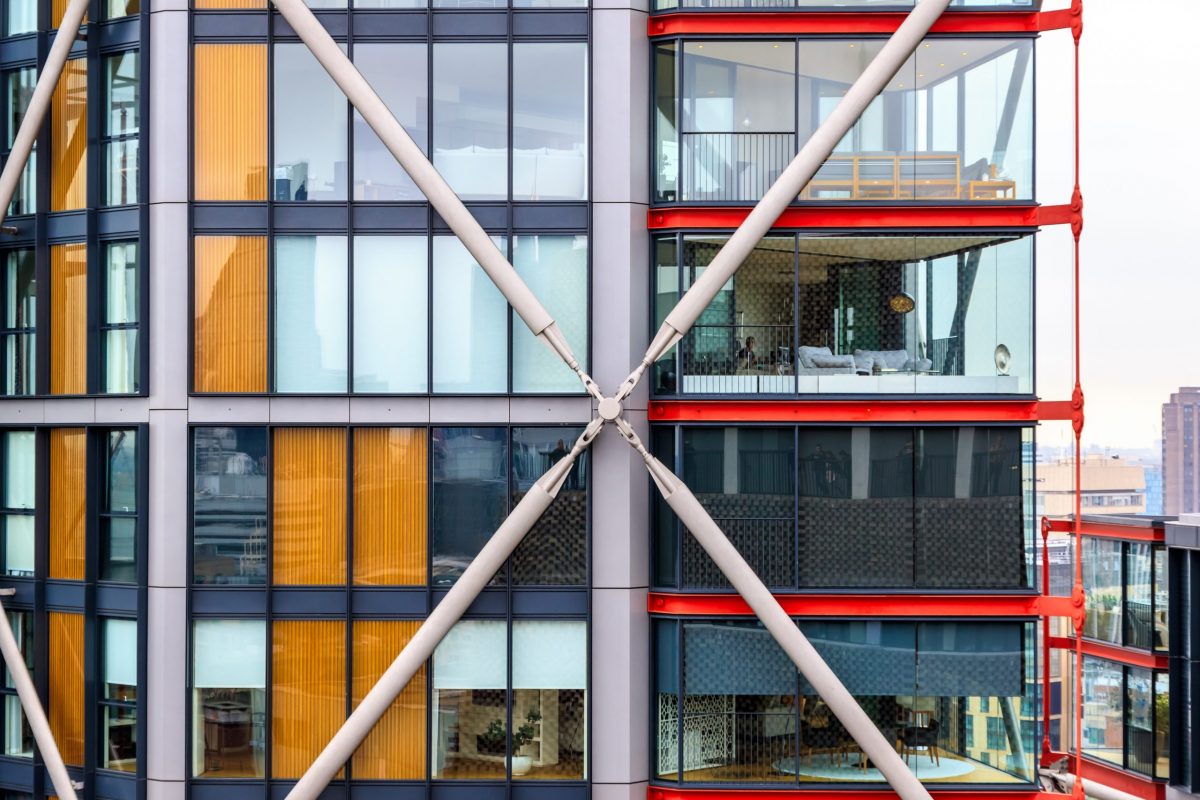Fearn & Ors v The Board of Trustees of the Tate Gallery [2020] EWCA Civ 104 (12 February 2020)
Last year we covered the case of Fearn & Ors v The Board of Trustees of the Tate Gallery [2019] EWHC 246 (Ch) (12 February 2019) where the owners of four apartments in the Neo Bankside development on London’s Southbank claimed the viewing gallery at the Tate Modern caused “relentless” invasion of their privacy. The claimants had been fighting their corner since the opening of the viewing platform in 2016 and had sought an injunction preventing overlooking, but following the court hearing, Mr Justice Mann dismissed the case in the High Court in February 2019. Whilst he concluded that the law of nuisance (i.e. the unreasonable interference with a landowner’s use or enjoyment of their land) is capable, in appropriate cases, of extending to invasion of privacy of one’s home by overlooking, he adjudged that no nuisance had been caused.
Undeterred, the flat owners appealed to the Court of Appeal, but did not receive the outcome they were hoping for. On 12 February this year the Court of Appeal unanimously dismissed the appeal on the basis that “mere overlooking is not capable of giving rise to a cause of action in private nuisance”. It noted that:
- Over the hundreds of years that the tort of nuisance has existed, there has never been a reported case in this country in which a court has found that overlooking by a neighbour constituted nuisance.
- On the contrary, courts have recognised that, subject to planning permission being given, an owner of land may create windows which overlook a neighbour’s property.
- There are other laws which protect privacy, including the law relating to confidentiality, misuse of private information, data protection (Data Protection Act 2018), harassment and stalking (Protection Harassment Act 1997).
The Court concluded that “it would be preferable to leave it to Parliament to formulate any further laws that are perceived to be necessary to deal with overlooking rather than to extend the law of private nuisance”.
Implications of the Appeal judgment
Developers, funders, buyers and mortgagees will be relieved with the Court of Appeal’s decision. If the Court had upheld the possibility of a right of action in nuisance for overlooking there could have been undesirable consequences. In theory, new flatted developments with balconies might have been at risk of claims from owners of nearby private gardens who find themselves overlooked by users of the balconies.
The town planning process is the more appropriate forum for considering and addressing such issues. It is unfortunate that the problems encountered by the Neo Bankside residents were not considered and appropriately mitigated at the planning application stage of either development. No doubt the attention that has been brought by this high-profile case will likely result in greater scrutiny of future applications involving public viewing galleries in proximity to dwellings.



